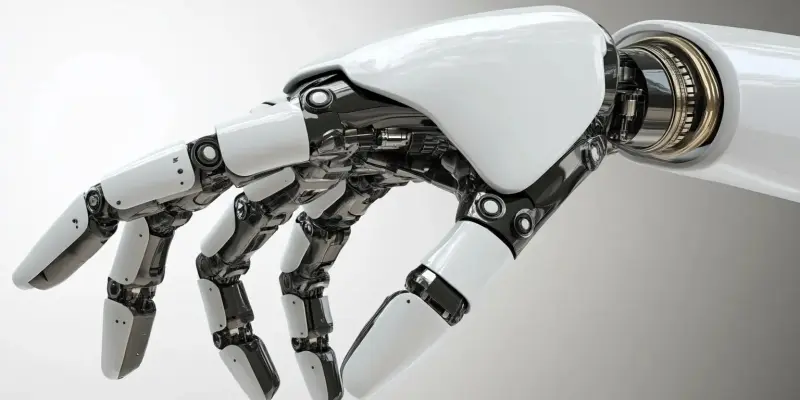Artificial intelligence (AI) is rapidly evolving, and with it comes the crucial challenge of teaching AI systems to behave ethically and make decisions aligned with human values. As AI continues to integrate more deeply into various aspects of daily life, from healthcare to autonomous vehicles, the need to address the ethical dimensions of AI becomes more pressing. The concept of ethical AI aims to create systems capable of making decisions based not only on logic and data but also on nuanced moral principles that mirror human ethical standards.
Recent advancements, including the development of explainable AI (XAI), highlight the potential for creating transparent and accountable AI systems that can justify their decisions in ways humans can understand. Tech giants are leading initiatives like the “Responsible AI” campaign to underscore the industry’s commitment to ethical practices.
Ethical Complexities in AI Development
The challenge of instilling morality in AI systems arises from the inherently subjective nature of ethics. Human ethics vary widely across cultures, societies, and even individuals, making it difficult to create a one-size-fits-all ethical framework for AI. Moreover, biases embedded in training data can lead to skewed AI decision-making processes that do not align with universal moral principles. AI decision-making must account for human emotions, empathy, and intuition—elements often not easily reducible to algorithms.
Researchers are exploring innovative solutions such as employing diverse data sets to mitigate biases and implementing feedback mechanisms that allow AI to learn and adapt its ethical considerations continuously. These developments are crucial for creating AI systems that can navigate complex moral landscapes with sensitivity and accuracy. One of the most challenging aspects is ensuring that AI can understand and weigh the consequences of its actions in ways that reflect human moral reasoning.
Developing AI systems that can simulate human-like empathy or intuition remains a significant obstacle. Despite these complexities, researchers and technologists are making considerable strides in developing models that can better reflect human ethical values. Incorporating diverse data sets in training AI can help address some biases, but it requires ongoing evaluation and refinement. Additionally, implementing dynamic feedback mechanisms that allow AI to learn from its mistakes and adjust its ethical reasoning over time may offer a more robust solution.
Future of Ethical AI and Regulatory Measures
The future of ethical AI appears promising as technology continues to advance and public awareness of ethical issues in AI grows. Integrating AI with blockchain technology is an intriguing area of development that could enhance transparency and accountability in AI decision-making processes. Blockchain’s immutable ledger could provide a secure way to track AI decisions, making it easier to audit and ensure they meet ethical standards. Policymakers and business leaders are beginning to recognize the importance of ethical AI and are working on guidelines and regulations to promote responsible AI development and use. The European Union’s AI Act, for instance, emphasizes transparency, accountability, and human oversight as key components of ethical AI.
These regulatory measures are vital for ensuring that AI systems are developed and deployed in ways that prioritize human well-being and moral integrity. As AI technology evolves, it is crucial for policymakers, technologists, and ethicists to collaborate in shaping the ethical frameworks that will guide AI’s integration into society. By aligning AI systems with human values, society can harness the numerous benefits of AI while mitigating potential risks and maintaining moral integrity. Collaborative efforts will be essential in balancing technological advancements with the ethical responsibilities that come with them.
Integrating Human Values into AI
The challenge of instilling morality in AI systems stems from the subjective nature of ethics. Human morals vary across cultures, societies, and individuals, complicating the creation of a universal ethical framework for AI. Biases in training data can skew AI decision-making, misaligning it with universal moral principles. AI must account for human emotions, empathy, and intuition, which are hard to encode in algorithms. Researchers are exploring innovative solutions, like using diverse data sets to mitigate biases and implementing feedback mechanisms for AI to adapt and learn its ethical considerations continuously. These innovations are crucial for AI to navigate complex moral landscapes sensitively and accurately.
One significant challenge is ensuring AI can understand and weigh the consequences of its actions in a way that mirrors human moral reasoning. Creating AI with human-like empathy and intuition is a tough hurdle. Despite these complexities, researchers are advancing models that better reflect human ethical values. Ongoing evaluation, refinement, and dynamic feedback mechanisms to learn from mistakes and adjust ethical reasoning over time are crucial for more robust AI solutions.

